In Ireland, the official languages are English and Irish (Gaeilge).
Although English is the main language spoken throughout Ireland, Irish language remains an important part of the culture. In fact, all children learn Irish in primary school as part of their education.
When travelling around Ireland, you’ll spot bilingual signs and road markings everywhere, written in both English and Irish. It’s a clear sign that the Irish language is well valued.
Here are 11 Irish words and phrases to remember for those who want to understand more about Irish culture and learn useful Irish phrases.
Basic Irish Words and Phrases
Here’s a quick guide to some essential Irish words and phrases to get you started.
Please note: Pronunciations can vary quite a lot depending on the region. The phonetic spellings provided here are general guides, drawing from a range of different areas across Ireland.
1. Hello – Dia duit / Dia dhuit
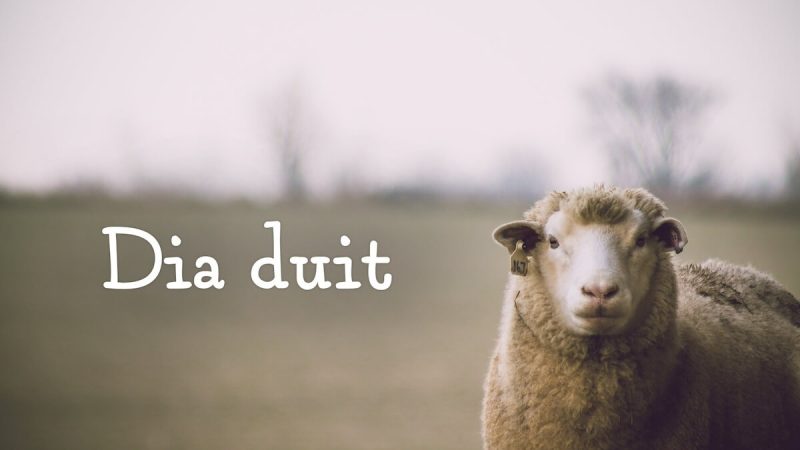
In Irish Gaelic, ‘hello‘ is said as ‘Dia duit‘ (pronounced ‘dee-a gwit’). Depending on the region, you might also see it written as ‘Dia dhuit’.
Literally translated, it means ‘God to you’, carrying a beautiful sense of blessing.
When replying to a greeting, the traditional response is ‘Dia is Muire duit‘ (dee-a iss mwire gwit), which means ‘God and Mary to you’.
2. Cheers – Sláinte
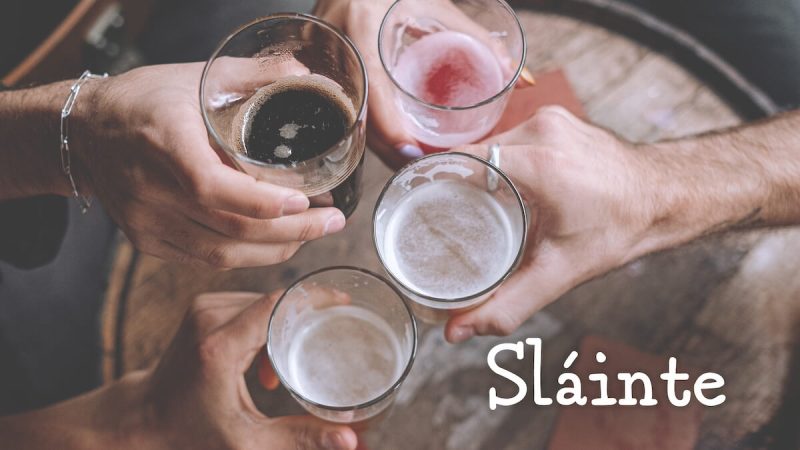
In Irish, the word for ‘cheers‘ is ‘Sláinte‘ (slawn-cha).
If you want to truly connect with Irish culture, this is one word you absolutely need to know.
Of course, saying ‘cheers’ in English works just fine, but when you’re in Ireland or enjoying a drink at an Irish pub, make a toast the local way — raise your glass and say ‘Sláinte’!
3. Thank you – Go raibh maith agat
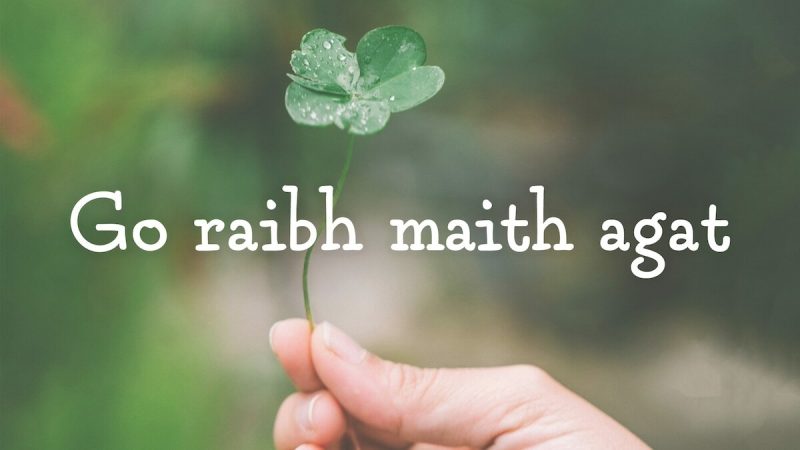
‘Go raibh maith agat’ (guh rev mah agut) is the Irish Gaelic way to say ‘thank you’.
It might look a bit long and tricky. The phrase originally comes from ‘may you have goodness’. In other words, it’s not just about giving thanks – it’s about wishing someone well.
In everyday life in Ireland, people often say ‘Thanks a million’ when expressing gratitude. If you’d like to say this in Irish, it would be: ‘Go raibh míle maith agat’ (guh rev mee-leh mah agut), which literally means ‘May you have a thousand goodnesses’.
‘Go raibh maith agat’ is written simply as GRMA sometimes.
4. Welcome – Fáilte
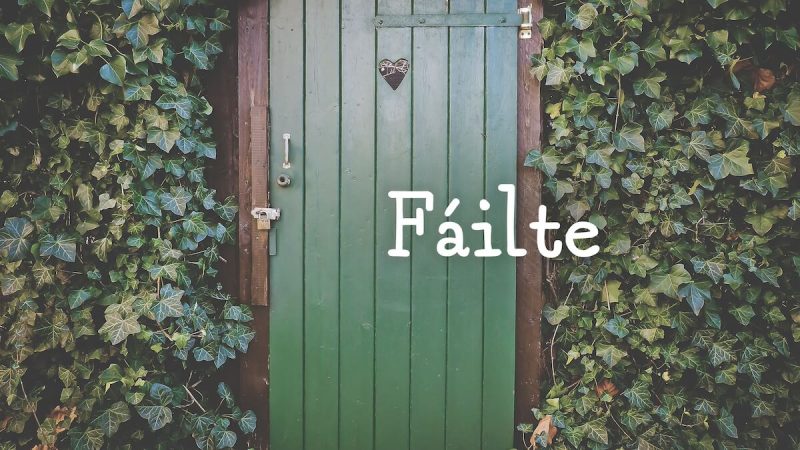
In Irish, ‘Welcome‘ is ‘Fáilte‘ (Fall-cha).
If you visit touristic places in Ireland, you’ll often spot this word on signs and notices.
Another well-known phrase you might hear is ‘céad míle fáilte‘ (Kade mee-la fall-cha), which means ‘a hundred thousand welcomes’.
5. Goodbye – Slán
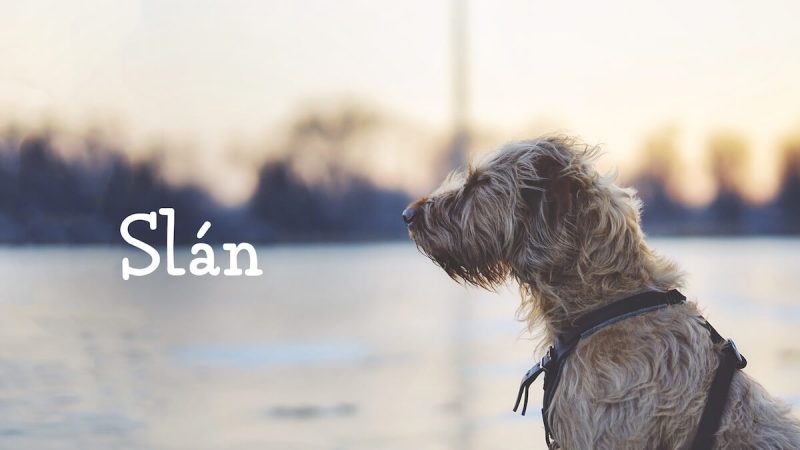
In Irish, ‘goodbye‘ is ‘Slán’ (slawn).
There are also phrases like ‘slán agat‘ (slawn agut), which is what the person leaving would say, and ‘slán leat‘ (slawn lat), which is what the person staying would say to the one leaving.
‘Slán go fóill‘ (slawn go foil) means ‘see you later’.
6. Good night – Oíche mhaith
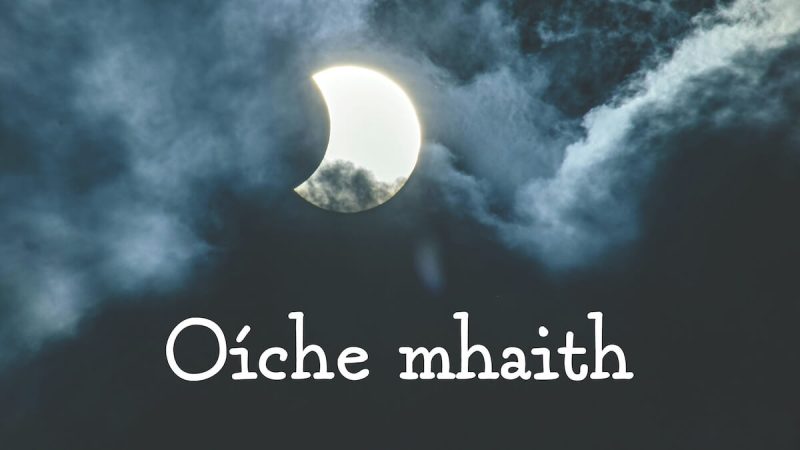
In Irish, ‘Good night‘ is said as ‘Oíche mhaith‘ (Ee-ha wah). Note that the pronunciation can vary quite a bit depending on the region.
Try saying it along with ‘Coladh sámh‘ (Koh-lah saw), which means ‘Sleep well’ or ‘sound sleep’.
By the way, ‘Good morning‘ is ‘Maidin mhaith‘ (Mah-din wah).
7. Please – Le do thoil
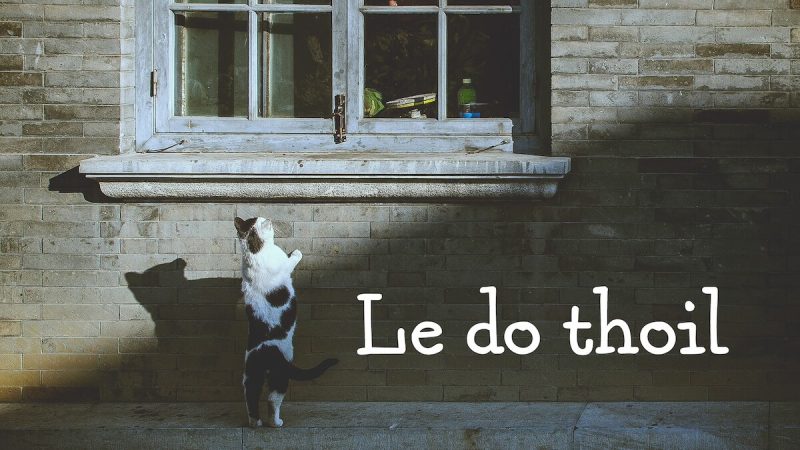
In Irish, the phrase ‘Le do thoil‘ (leh duh huh-ill) means ‘please‘. It’s a useful expression that can be added to other words to make your requests sound more polite.
8. craic agus ceol
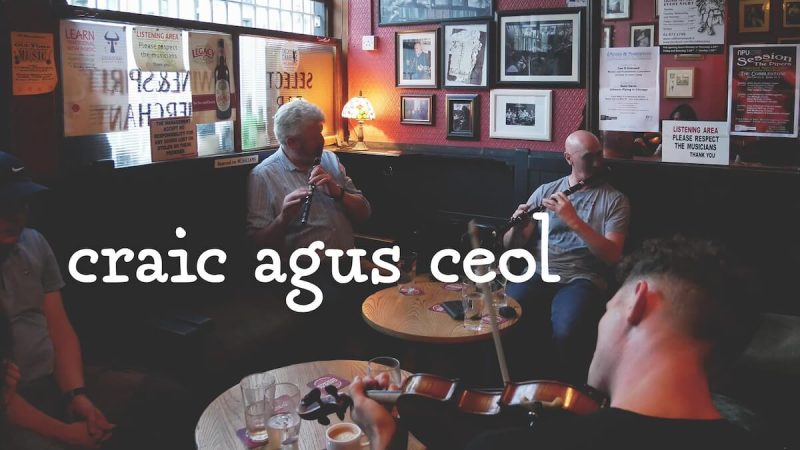
‘Craic agus ceol‘(crack ah-gus k-yole)is a unique Irish phrase that embodies the spirit of Ireland.
When translated, it means ‘fun and music’, but there’s no direct equivalent in English that quite captures its essence.
Picture the scene: the lively atmosphere in a pub where music begins to play, people enjoying the tunes, some even dancing. That’s the essence of ‘craic agus ceol’.
Irish words Integrated into Daily Life
In Ireland, English is widely spoken, so opportunities to speak Irish Gaeilge in everyday life may be limited. However, there are certain Irish words that are commonly used in daily life across the country.
Police – Garda
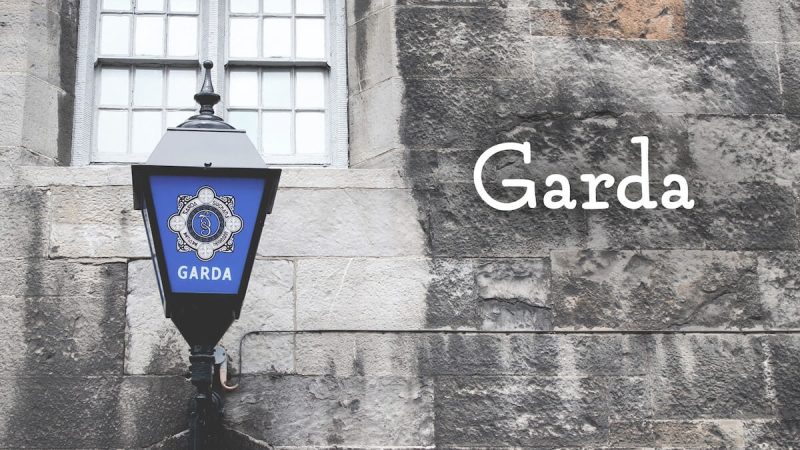
In Ireland, the police are not referred to as ‘police’ or ‘police officer’, but rather as ‘Garda‘ (Gahr-da). The plural form is ‘Gardaí’ (Gar-dee).
The full official name of the police force is ‘Garda Síochána na hÉireann’, and it is translates to ‘guardians of the peace of Ireland’.
Tram in Dublin – Luas
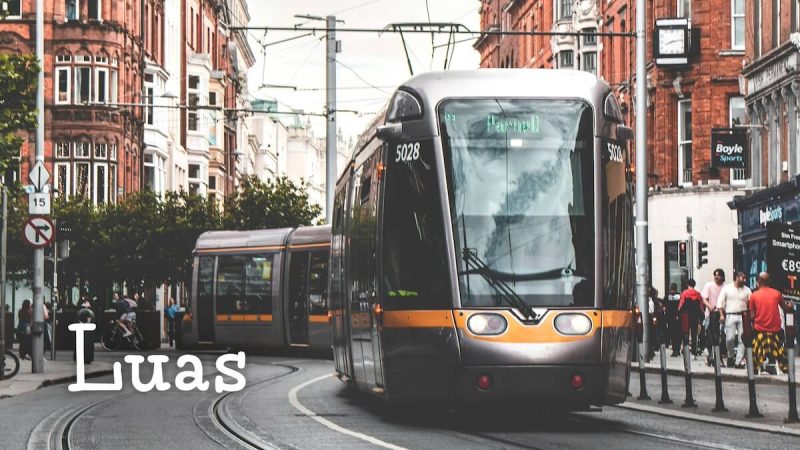
‘Luas‘ is referring to the tram in Dublin.
Interestingly, ‘Luas’ is an Irish word means ‘speed‘.
The Luas tram is an essential mode of transport in Dublin, widely used by locals and visitors alike.
By the way, the train system in Dublin is called the DART. Unlike the Luas, DART doesn’t have an Irish-language origin; it stands for ‘Dublin Area Rapid Transit’.
Prime Minister – Taioseach
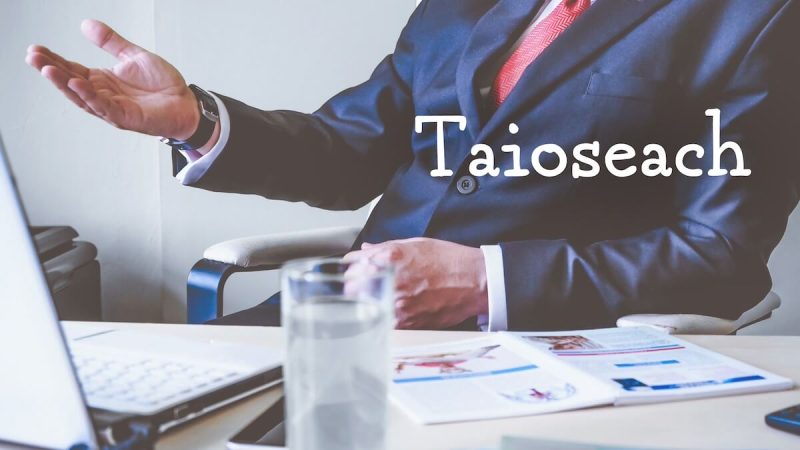
In Ireland, there are both a president and a Taoiseach. The ‘Taoiseach‘ (Teesh-uck) is the head of government, similar to a ‘Prime Minister‘ in other countries.
The ‘Deputy Prime Minister‘ is known as ‘Tánaiste‘ (‘Taw-nish-ta’).
These two terms are used in English news without being translated, maintaining their original Irish names.
Fascination of Irish Language
In Ireland, learning Irish is a compulsory part of the primary school curriculum. However, in reality, many people rarely get the chance to use it in daily life. However, there are people who use Irish as the first language.
There is a strong sense of pride in keeping Irish alive for future generations.
Irish is known for its completely different spelling system from English, making it quite difficult to read. But isn’t that part of what makes it so fascinating?
By mastering a few basic phrases, you can impress the locals.

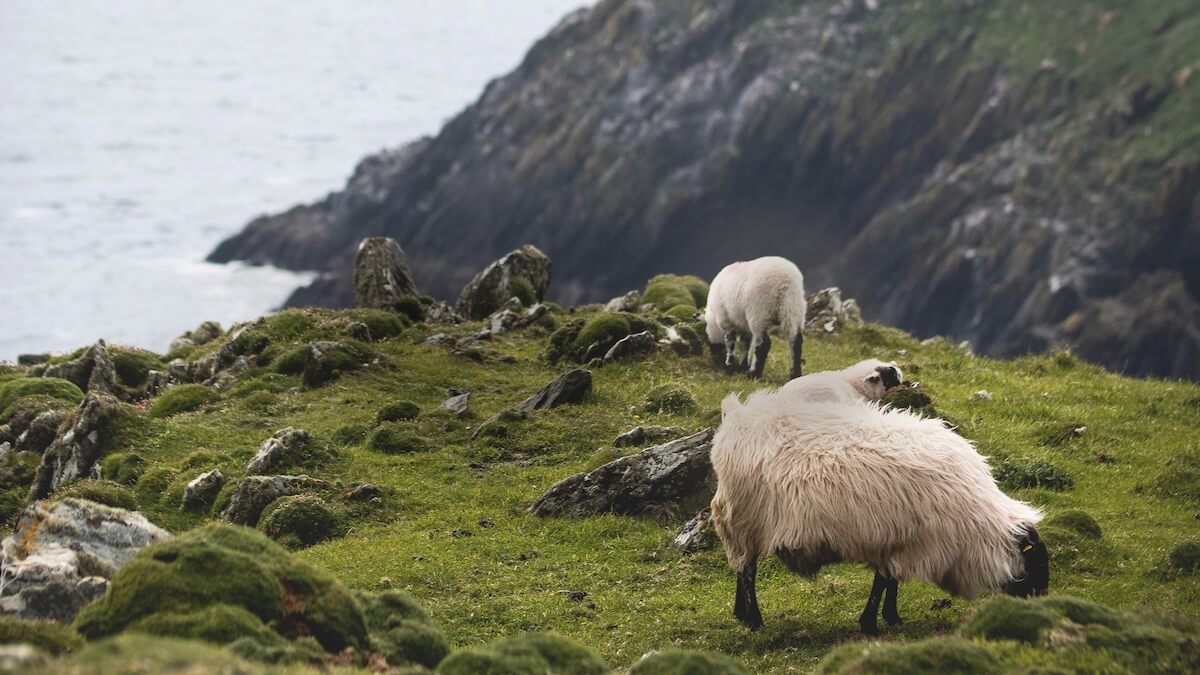

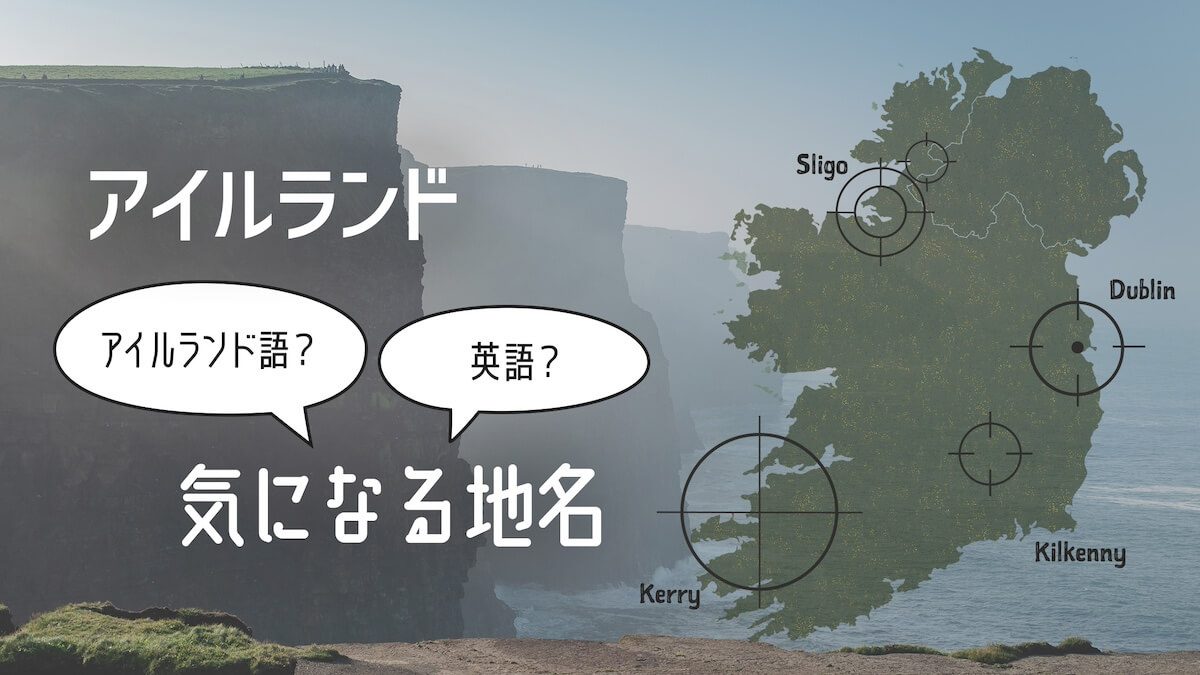
コメント